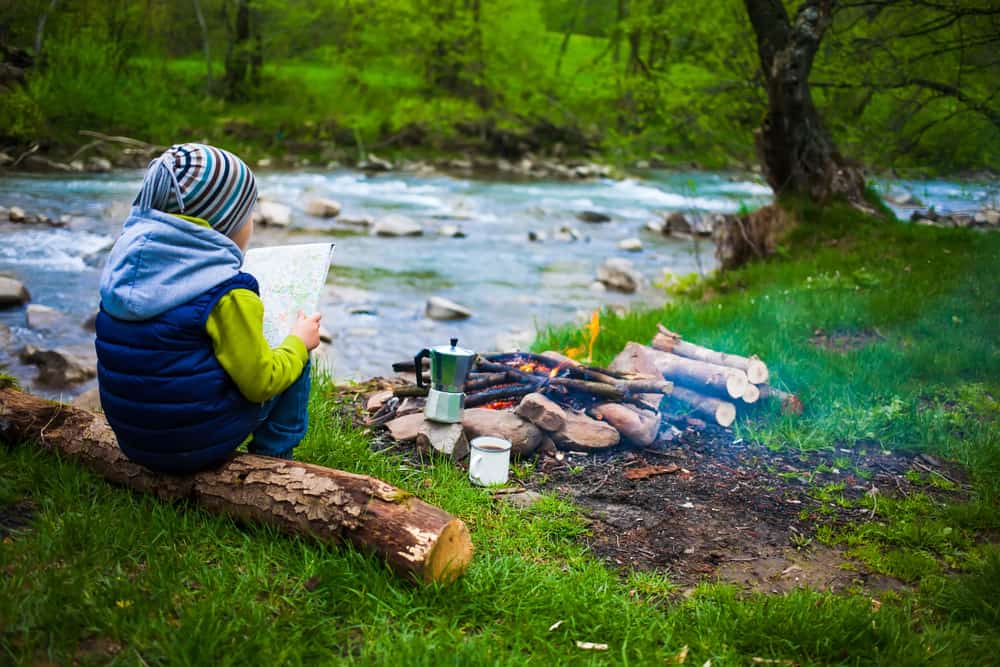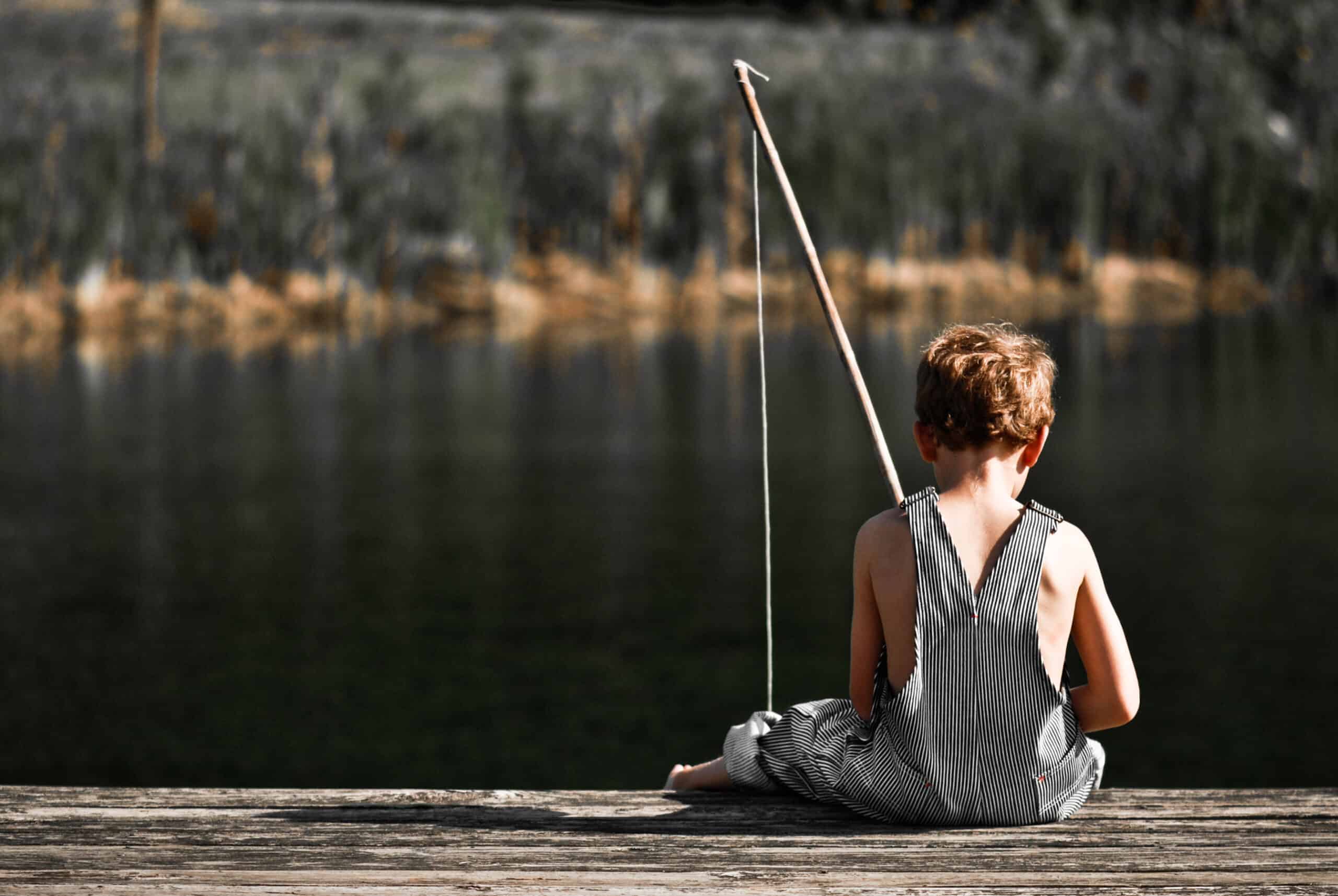Whether you’ve moved conversations from WhatsApp to Discord or Fortnite, have replaced family game night with Among Us or Valheim, or like coming together with strangers around Monster Hunter World battles, the last few years have proven how gaming can bring us all together.
Interestingly, apart from connecting with fellow gamers, these games also teach skills we generally don’t think about in our modern lifestyles.
Amongst the multitude of survival games, core survival mechanics are the basics of virtual survival skills from chopping trees, building your base, getting food and defending yourself against nasties. Advances in gaming have produced survival simulations that force players to learn a vast range of strategies and skills you would also need to survive in real life.
Here are a four things video games can teach us:
1. Gathering Supplies
This may seem obvious to you, but would these important skills be obvious to every child? Maybe those who did Scouts, but certainly not your average child. At the start of a survival game, the character usually spawns in a random environment with nothing but their bare hands (or maybe equipped with a basic tool).
To give your character any hope of survival,
you must scour your immediate surroundings for useful items while avoiding potential threats. You go around your environment looking for items like food, water, clothing, basic tools, etc., familiarising yourself with your surroundings and remembering spots where you can re-acquire or store materials.
This is known as a basic strategy for gamers and is actually the basic process for real-life survival.

2. Crafting Teaches Creative Problem-Solving and Recycling Skills
You may also learn to gather and hide supplies for future trading and bartering. Most gamers are familiar with the ‘crafting’ element, which refers to gathering supplies that can be built into something useful later on. Crafting empowers you to make weapons, clothing, armour, traps, etc, and modify or upgrade items you already have.
In reality, crafting for survival is essential, and a mindset of ‘go basic first, then upgrade’ is also valuable. Developing the ability to craft items also means improving your skills in repairing possessions. Instead of throwing broken items away, you can either fix them or use parts of those items to create something new!
3. Security is Priority
In survival situations, danger lurks everywhere. Usually, one of the first main tasks in survival games is to build a shelter to keep your character safe. In real life, a shelter ensures that humans are protected from predators and the elements. Both in games and in real life, the fact that we are exposed to threats teaches us the importance of being secure.
4. Self-Reliance
Survival games also teach the importance of self-reliance. In most survival games, you start the game alone and complete various tasks yourself. Though it may be fun to have teammates, you have to learn who you can and cannot trust through cautious trial and error – much like in real life.
Surviving by yourself not only teaches you greater confidence; it also helps you become more self-aware of your strengths and limitations. Although survival games are wilderness survival simulations, it is not an ideal thought to get lost in the wild to test your survival skills based on gaming knowledge alone.
However, if we dissect the game qualities, strategies and mindsets, we can recognise true-to-life aspects. Knowing these aspects of strategy setting, crafting, self-reliance, prioritising essentials and gathering resources are all baseline mindsets for modern life.
Sure, we might not know how to skin an animal or cook meat in the wild, but we do know how to start thinking and prioritising during an unforeseen situation.
1. Don’t panic
2. Make a basic shelter
3. Find water
4. Construct distress signals
5. Make traps or fish if possible, and gather edible plant food
6. Explore – map out your area step by step and mark the way back to your camp
7. You can survive at least 3 days without water, and 3 weeks without food.

Some may be lucky and learn this from scouts camp or a family member… but many of us now and in the future are likely learning these basics from video games.





